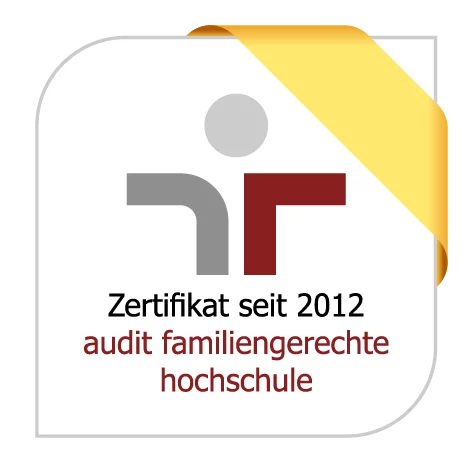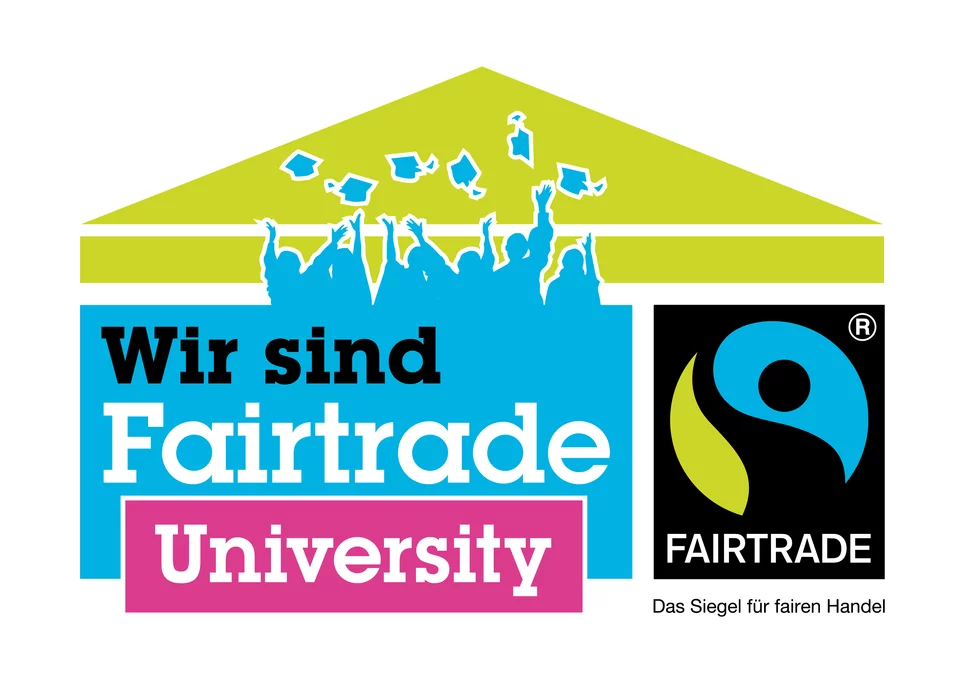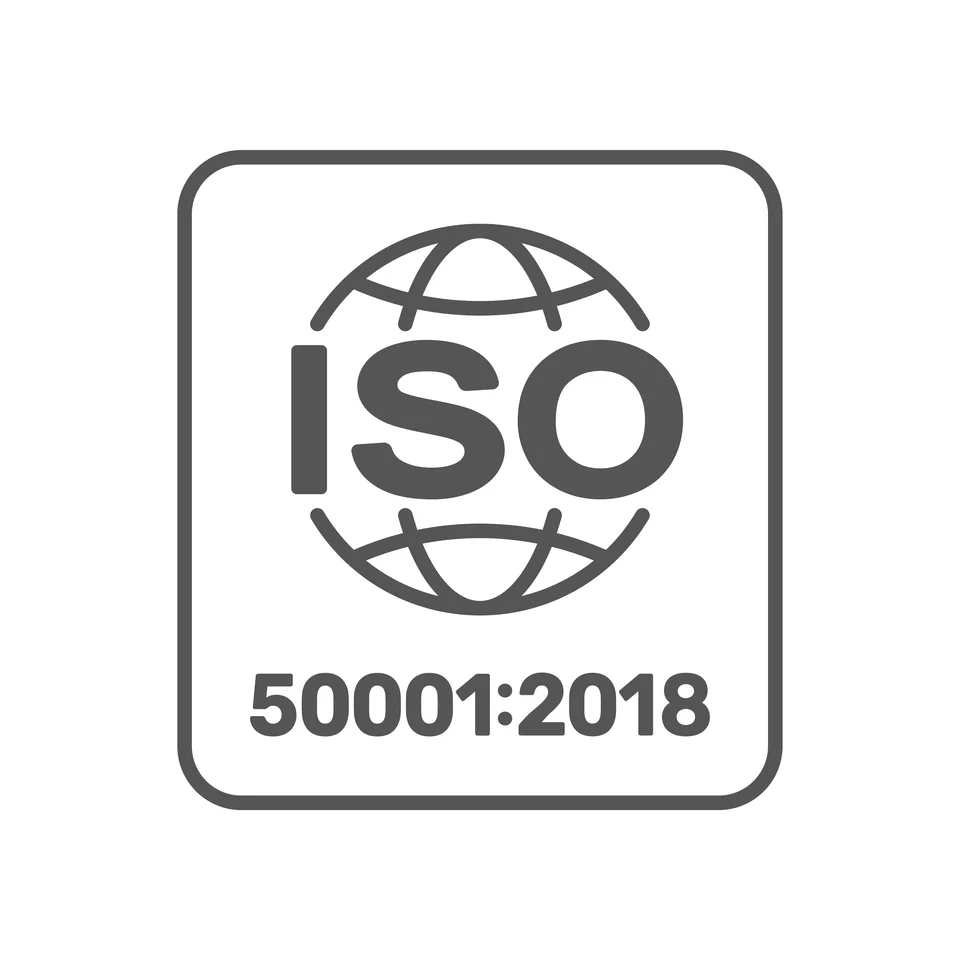#international
News
In 1978, Pforzheim University and the Faculty of Economics of the Josip-Juraj-Strossmayer University in Osijek, Croatia, signed a partnership agreement. This partnership evolved so well over the years that the cities established a partnership in 1994. One of the professors involved is Professor Dr. Sunčica Oberman Peterka, full professor since 2018 and vice dean for student affairs and programs at the Department of Management, Organisation and Entrepreneurship.
Guest professor Dr. Sunčica Oberman Peterka talks about the 40 plus years of cooperation between Pforzheim and Osijek University
Professor Oberman Peterka, you have experienced the cooperation from the very beginning. How and when did you become part of it?
My first contact to Pforzheim was when I had just started to work at the Faculty of Economics in Osijek in 2000. I got an offer from my dean, to go to Pforzheim University and stay one month there. I was a young research assistant at that time. So, I spend a month in Pforzheim while writing my master’s thesis. That was my first contact with Pforzheim University, and it lasts now for over 20 years.
What makes this cooperation special from your point of view?
I think internationalization is a very important part for higher education. The cooperation enables us to be internationalized. It enables us to have many contacts to other professors with different backgrounds, who developed different kinds of sets of knowledge and skills. Also, it provides our students with opportunities for exchanges. What I like in Pforzheim is this interdisciplinary approach because the faculty is business and law. Exchange students will get different backgrounds and interdisciplinarity. And of course, the friendship – it is more than only a business cooperation. We have friends there and that’s also very important.
What are the topics of your lectures and what makes these interesting?
I am a professor of Entrepreneurship, Strategic Management and Leadership. This semester, I am teaching Strategic Management at Pforzheim University as well. What makes this course interesting is that it is very practical. Students can apply many strategic tools not only in business contexts, but also in personal development, at individual level. Students can feel and see practical implication of Strategic Management. I think when students feel that the knowledge they gain can be applied in many situations, then it is more interesting for them.
What are your best and worst experiences with online teaching so far?
First, I have to admit that I am not a fan of online teaching because I think that teaching needs to be in a classroom to transfer the knowledge in the best possible way. It is also about feeling the atmosphere, connecting and building relationships with students, commenting on or discussing something. And this is very difficult through these online tools. But at the same time technology and online teaching really help us to survive. It doesn’t matter where you are, you can connect and that is important.
I really try to use it in the best possible way to interact with my students in the courses, to feel and understand how they feel and figure out if they understand what I am talking about. My worst experiences were when something doesn’t work. I had a course, was in an interaction and then lost the connection. But I think we have to get used to those uncertainties and difficult situations, just keep going and try to get the best out of it. Don’t take it too serious!
How do you think companies can best stand out under the current competitive conditions?
If I knew the answer to this question, I would be very rich J! But let’s look at what the theory says. In the Strategic Management, competitiveness (as the base of being successful and profitable) is defined as being different than others (it is not important to be better but being different than competition). It is also important to understand that these differences need to be valuable in the eyes of our customers. When thinking of what could be the base of our competitive advantage it is not important what we feel and think – it has to be approved and valued in the eyes of our customers. There is no right answer of how to differentiate. You need to look at the competition, know who your customers are, understand and know your market and your industry, follow the trends in environment and then try to combine it to stand out from your competitors and be interesting to your customers (in defining and fulfilling their needs differently than competition or try to find places in the market without competition), and react fast (fast reaction is what makes a company successful!).
Speaking of current conditions: What are your plans for celebrating Christmas this year?
I will spend Christmas with my family. I have two kids, a daughter and a son. We will be together at home. Unfortunately, we won’t have many guests as usual. I think it is typical all around the world, that you are visiting or inviting friends and family at Christmas. This year it won’t be like this. We will be in this small circle, but we will make the best out of it and hopefully get back to what we used to next year. I really belief in science and I think it really helps us in solving the problem and brings us the beginning of the normal life in 2021.
Thank you for the interview, Mrs. Oberman Peterka.
The University of Osijek is a public University consisting of 12 different faculties, an Academy of Arts and Departments of Mathematics, Biology, Chemistry and Physics with over 18.000 students. It is one of the largest and oldest Universities in Croatia.




